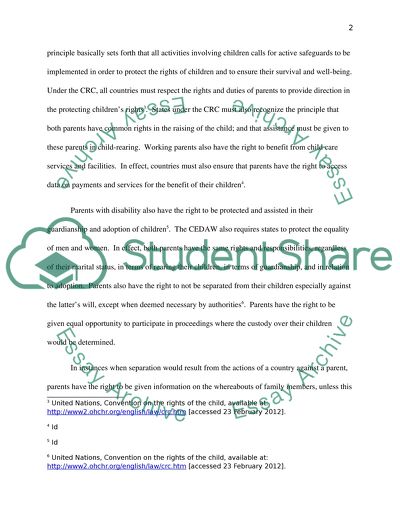Cite this document
(“Memorandum Law Research Paper Example | Topics and Well Written Essays - 3000 words”, n.d.)
Retrieved from https://studentshare.org/law/1443043-prepare-a-memo-on-parental-rights-under
Retrieved from https://studentshare.org/law/1443043-prepare-a-memo-on-parental-rights-under
(Memorandum Law Research Paper Example | Topics and Well Written Essays - 3000 Words)
https://studentshare.org/law/1443043-prepare-a-memo-on-parental-rights-under.
https://studentshare.org/law/1443043-prepare-a-memo-on-parental-rights-under.
“Memorandum Law Research Paper Example | Topics and Well Written Essays - 3000 Words”, n.d. https://studentshare.org/law/1443043-prepare-a-memo-on-parental-rights-under.


